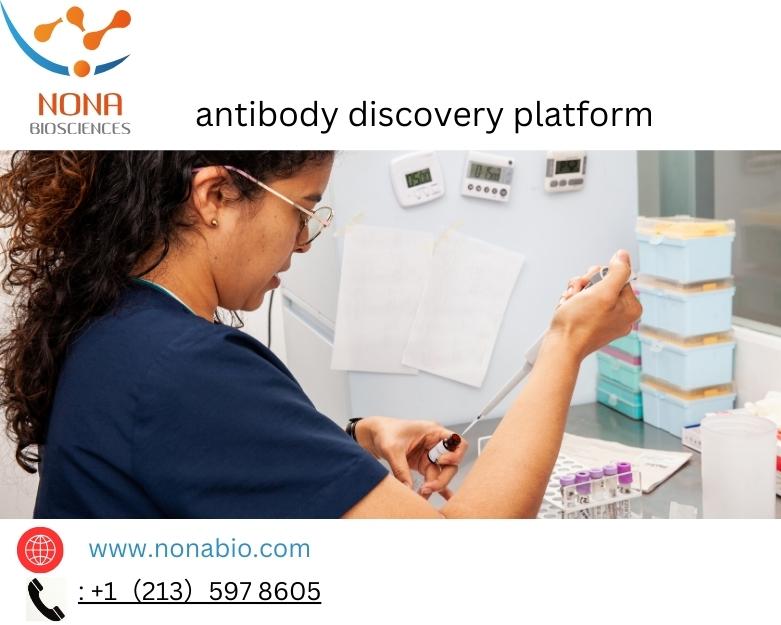This guest post explores the intricacies of antibody discovery service, shedding light on how they revolutionize the development of antibodies and their applications in medicine and beyond.
Antibody Discovery Services: A Gateway to Biotech Advancements
Antibody discovery service play a pivotal role in the biotechnology and pharmaceutical industries by accelerating the development of monoclonal antibodies (mAbs), a class of therapeutic molecules that hold immense promise for a wide range of applications. These services are specialized platforms that guide researchers through the complex journey of identifying, designing, and engineering antibodies.
1. Screening for High-Affinity Antibodies: One of the key services offered in the antibody discovery process is the screening for high-affinity antibodies. This step involves the identification of antibodies with strong and specific binding to their target antigens. High-affinity antibodies are crucial for effective and targeted therapies, making them a valuable commodity in the biotech world.
2. Customized Antibody Generation: Antibody discovery services often allow for the customization of antibodies to meet specific research or therapeutic needs. Researchers can tailor antibodies with desired features, such as enhanced stability, extended half-life, or reduced immunogenicity, based on the intended application.
3. Phage Display and Yeast Display Technologies: Cutting-edge technologies, like phage display and yeast display, are frequently utilized in the antibody discovery process. These platforms enable the screening of vast libraries of antibody candidates, facilitating the identification of antibodies that are well-suited for diverse applications, from cancer therapy to diagnostics.
4. Hybridoma Development: Hybridoma technology remains a fundamental tool in antibody discovery. Services may include the generation of hybridoma cell lines, which produce monoclonal antibodies with remarkable specificity and affinity for a target antigen. These hybridomas are instrumental in research, diagnostics, and therapeutic development.
5. Antibody Humanization: For therapeutic purposes, it is often essential to humanize antibodies derived from non-human sources. antibody discovery service can humanize antibodies, ensuring their compatibility with the human immune system and reducing the risk of immunogenic reactions in patients.
Antibody discovery services serve as the cornerstone of advancements in precision medicine, immunotherapy, and diagnostics. The seamless integration of these services into the biotech industry streamlines the development process, enabling researchers to focus on innovation and the translation of scientific discoveries into tangible benefits for patients and society.
In summary, antibody discovery services represent a dynamic and indispensable component of the biotechnology landscape. As the field of biotechnology continues to expand, these services play a pivotal role in harnessing the potential of antibodies for various applications. They serve as a gateway to a multitude of opportunities in the realms of drug development, immunotherapy, and precision medicine. By leveraging the expertise and capabilities of antibody discovery services, researchers are poised to drive the biotech industry forward, ushering in a new era of healthcare solutions and scientific breakthroughs.
For more information click nona bio.






